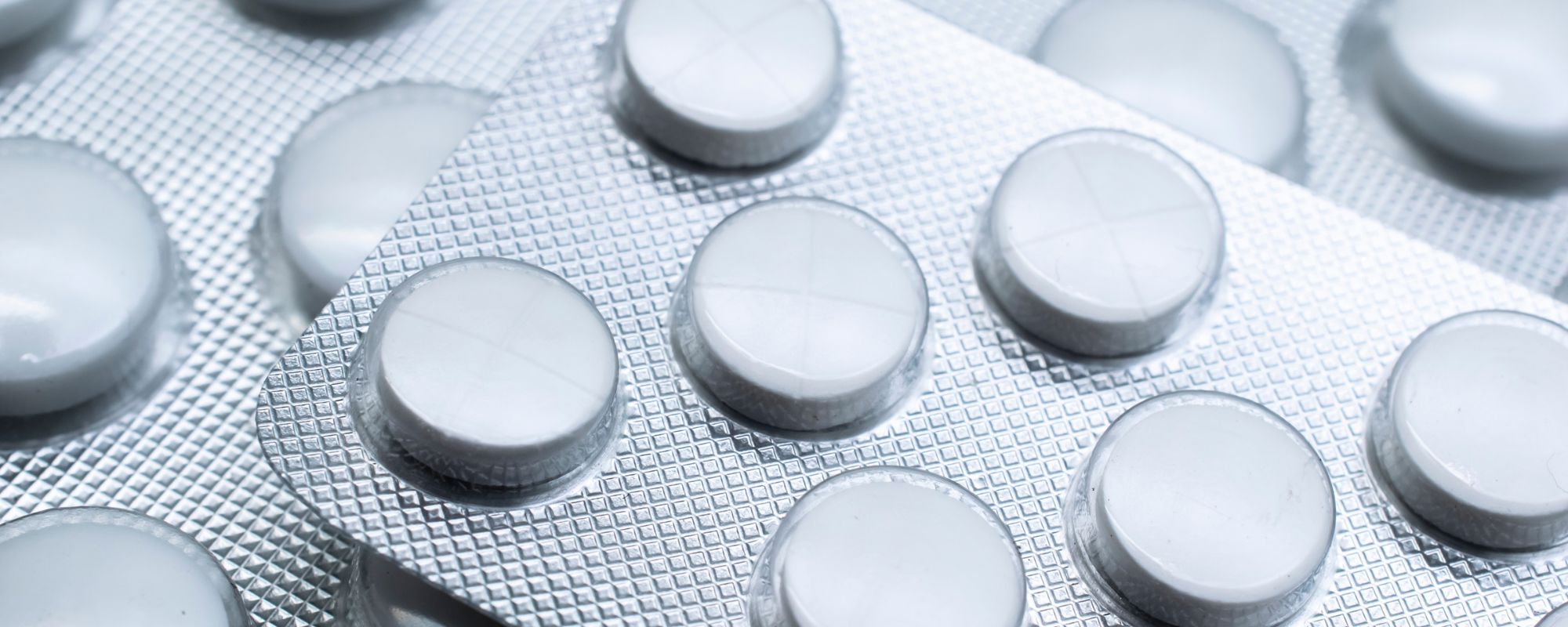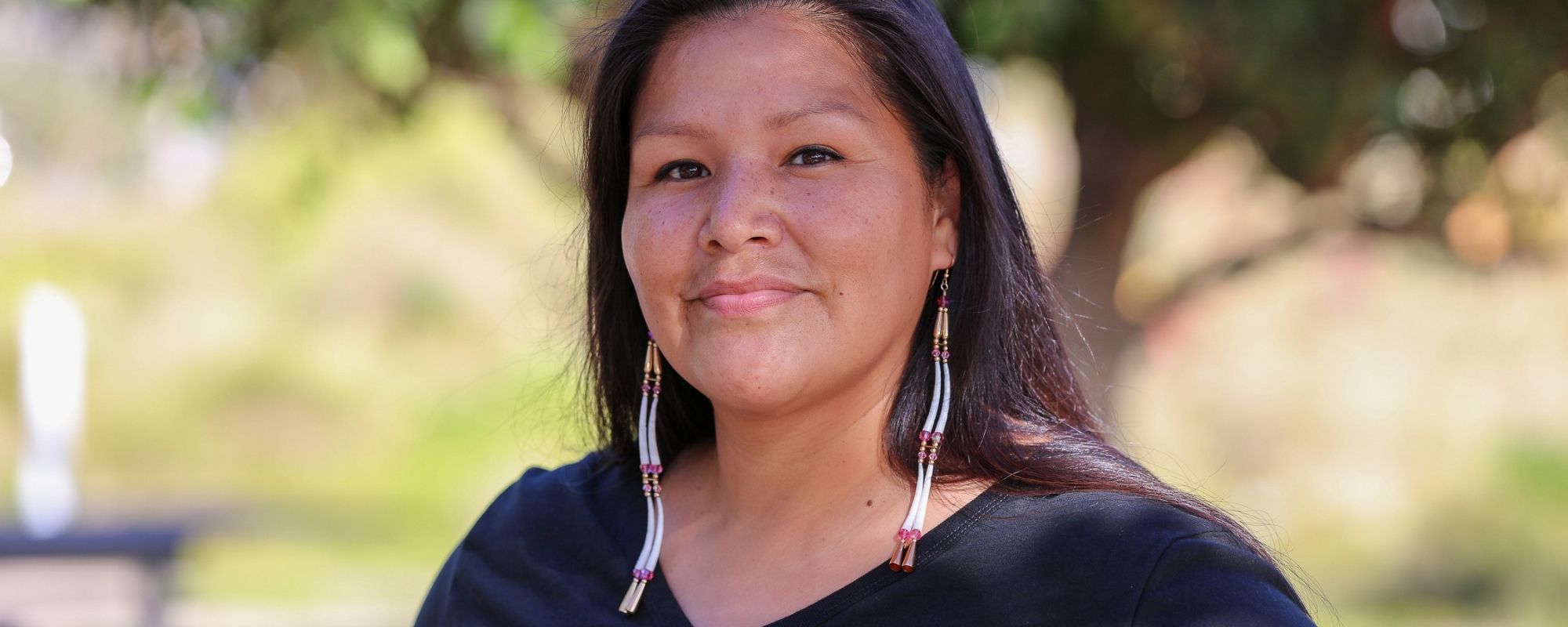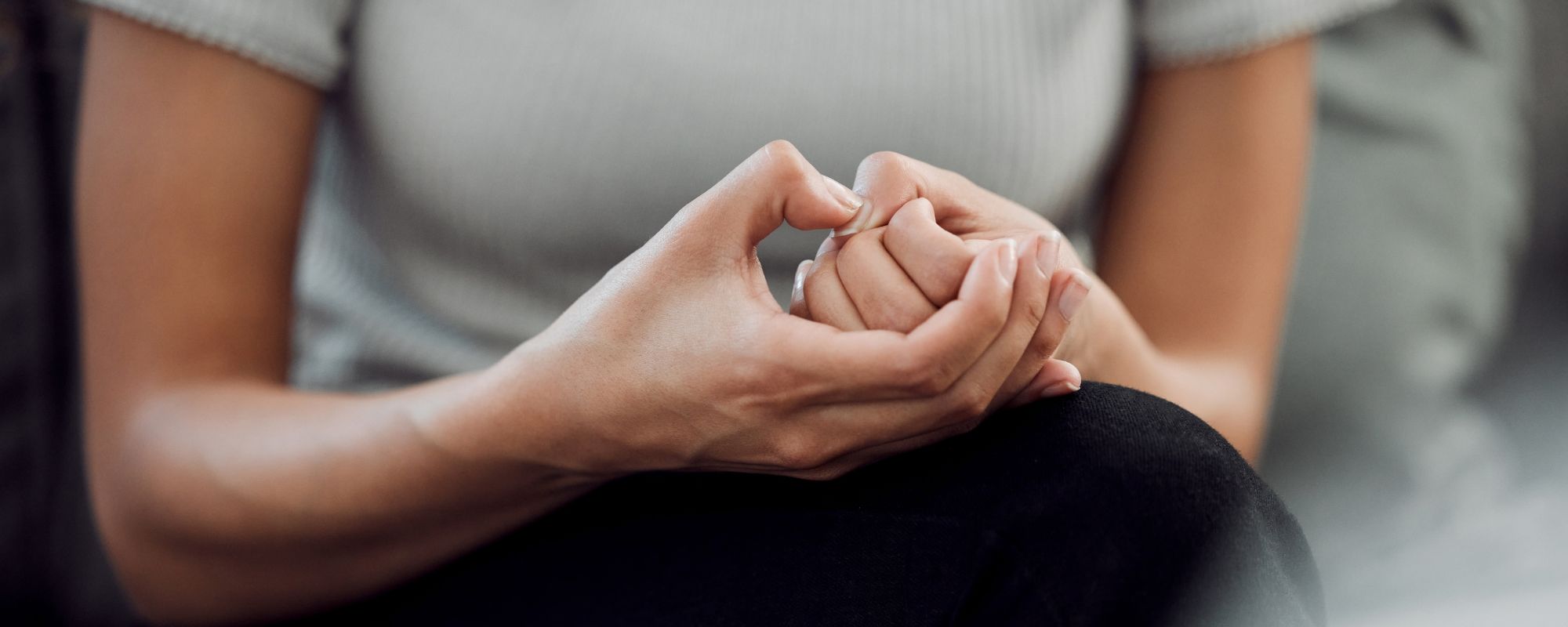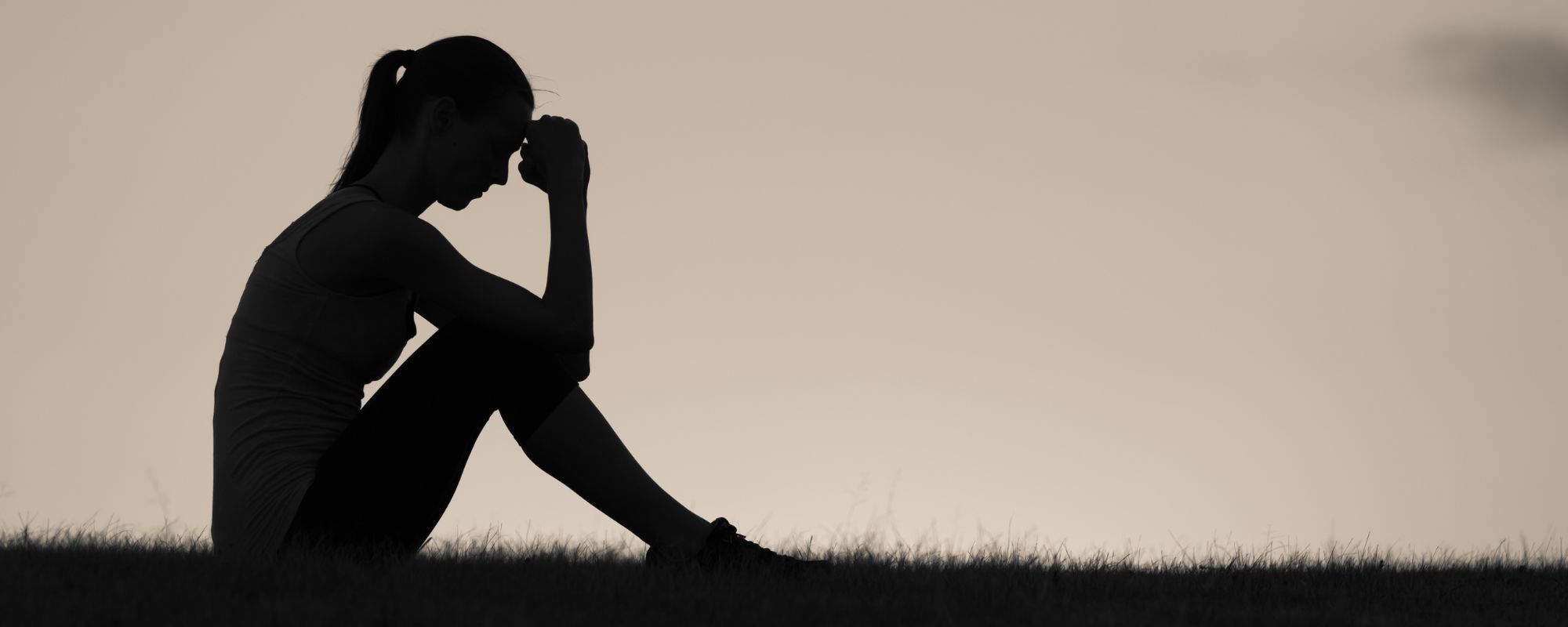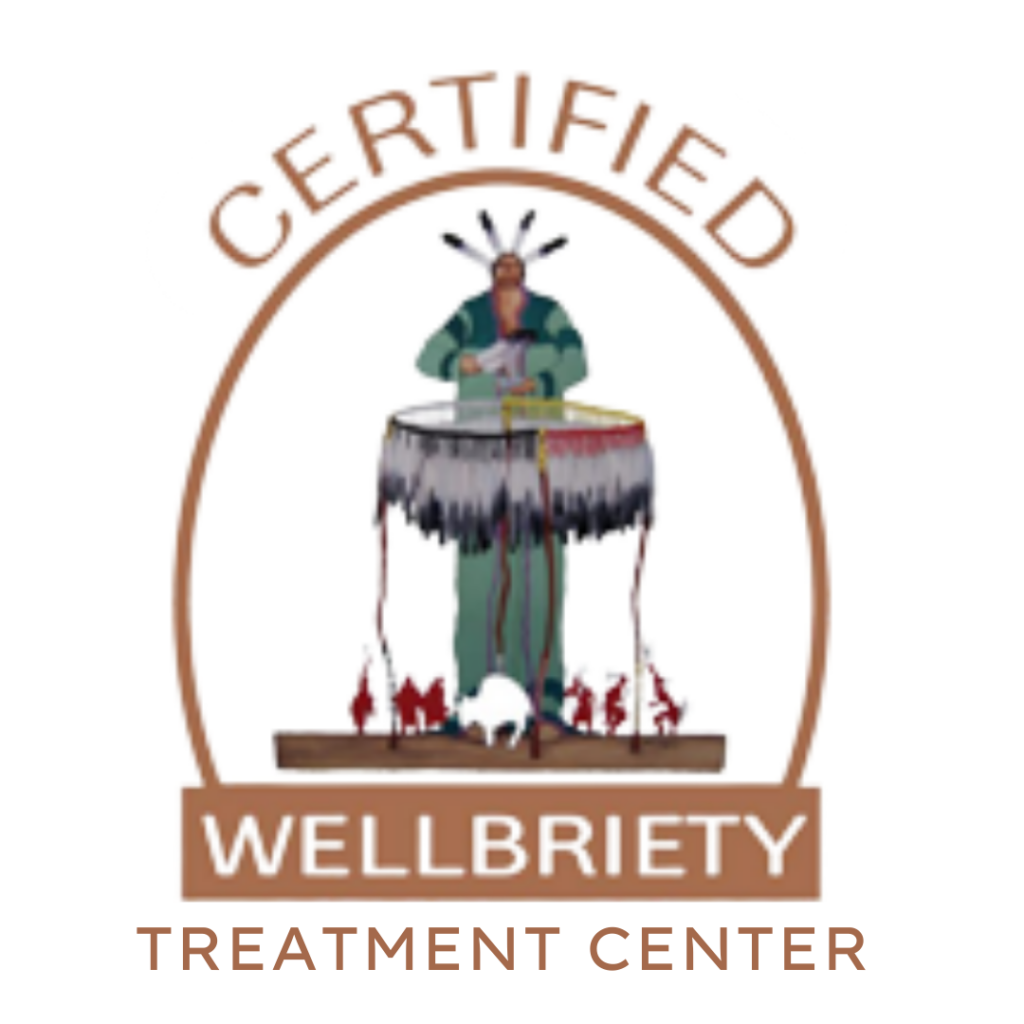There’s a widely circulated “rule” in the recovery community that those who are overcoming a substance use disorder should refrain from dating/being in a relationship until they have been sober for a year or longer. Not dating in recovery is also one of the most ignored “rules” in the recovery community; it isn’t written anywhere in the Big Book, so it’s seen as more of a suggestion. The reason that it’s referenced time and again is because early recovery is often regarded as a period for those overcoming a substance use disorder to focus on themselves and take time to self-reflect and figure out what they want from their new life of sobriety— without the distraction of dating or maintaining a relationship. On the flip side, dating is very much part of a healthy, sober life and may help someone overcoming substance use disorder to feel a part of regular life again.
It’s not just dating in recovery in itself that should be considered, though— it’s also who you’re dating. If you’re trying to stay sober and meet someone in active addiction, that might not make for a healthy relationship. In the same way, if the person you were seeing before you began treatment is in active addiction, you may put yourself at risk for relapse if you continue the relationship. This works the other way, too; if you relapse, you could bring your newly sober partner down with you.
Someone in early recovery might prefer to date a “normie”— someone without a substance use disorder— but will do well to remember that someone without a history of substance use disorder may not understand the particularities of early recovery.
There is no right, wrong, or proven answer when it comes to when someone in recovery should start dating again, but some things about dating in early recovery are true.
1. Dating in recovery is different for everyone.
Just as no two people are the same, no two relationships are the same. A relationship is not destined to fail or thrive because one or both partners are overcoming a substance use disorder. Also, remember that believing that you’re ready to date/be in a relationship again is not the same as being ready.
2. Every relationship has its challenges.
No relationship is without its difficulties, and while substance use disorder may add another layer, it doesn’t necessarily make a relationship impossible. Communication is key.
3. There are going to be questions.
If you choose to date in early recovery, there will likely be some questions about your history with substance use disorder, especially if you’re dating a normie. If you’re not comfortable with the idea of answering these questions or worry what the other person’s reaction may be when you disclose information, take this into account.
4. You have to do what’s best for you…
and respect what the other person deems best for themselves. You might start dating and realize that a relationship is not something you should be putting time into at this point in your recovery. You might realize that the love and support that a healthy relationship can provide is the best thing for you and where you are right now. Respect your partner’s decisions for the same reasons.
5. A relationship may cause relapse.
Emotional highs and lows are characteristic of romantic relationships, and early recovery is a very emotional time for those overcoming a substance use disorder. For some, a relationship and the positive feelings that come with it come to replace substance dependence, and if the relationship ends and that emotional support is lost, the result could be relapse. Even if the relationship doesn’t end, the emotional strain could be enough to trigger a relapse.
If you or a loved one is struggling with a drug or alcohol addiction, please contact our admissions staff, which is available 24/7 at (877)-RECOVERY.













